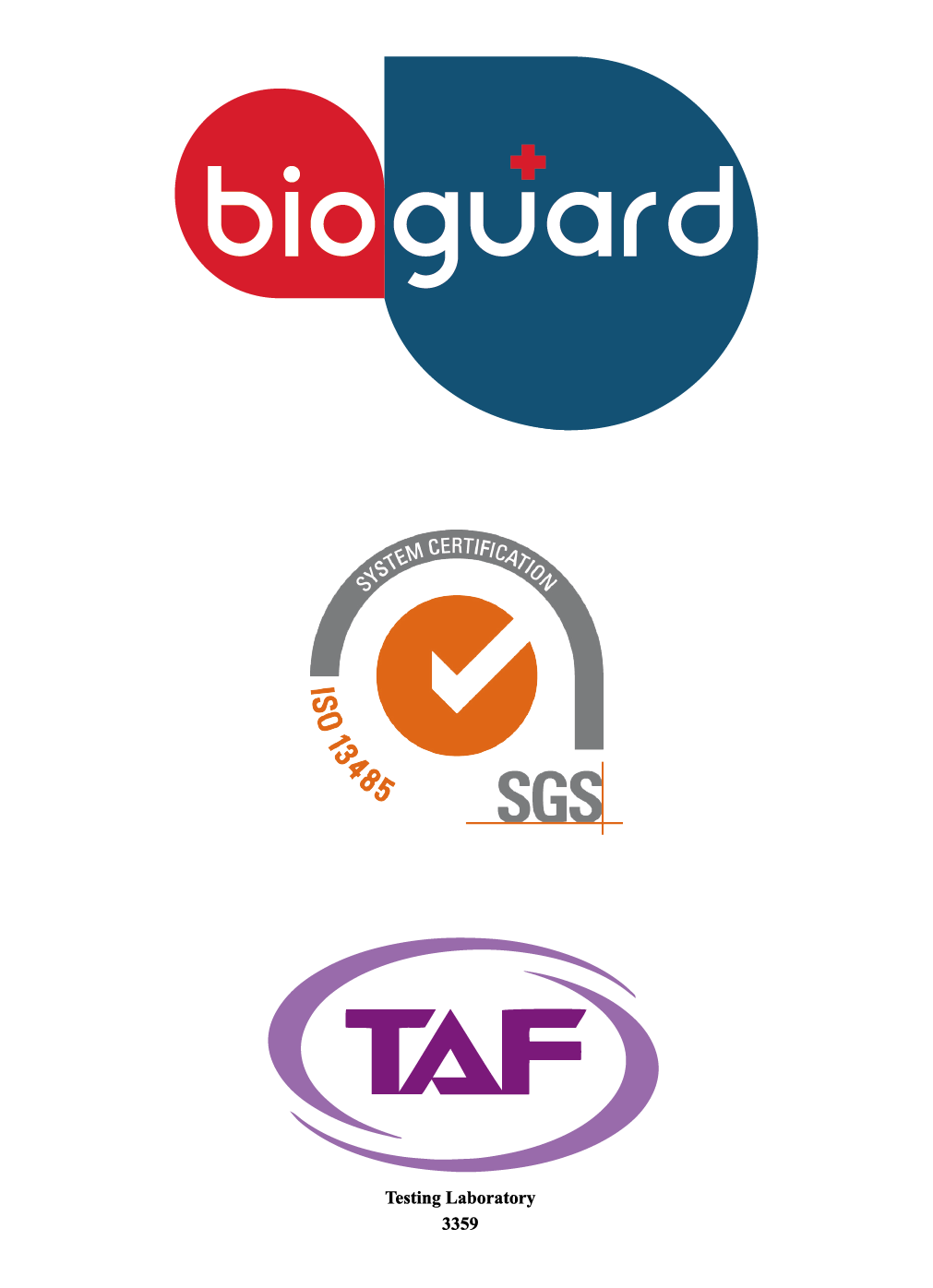John K. Rosembert

The Siberian Husky is a medium-sized working dog breed with a thick coat that comes in a multitude of colors and markings. Their blue or multi-colored eyes and striking facial masks only add to the appeal of this breed, which originated in Siberia.
It is a breed that combines power, speed, and endurance. They are moderately compact, slightly longer than they are tall, and of definite Northern heritage. They are quick and light on their feet, with a smooth and effortless stride exhibiting both good reach and drive.
Their expression is often keen but friendly, interested, and sometimes even mischievous. The Siberian Husky breed has an average lifespan of 12 to 14 years and is an ideal pet choice for lots of different people, including families. However, purebred Huskies do have several canine health problems that prospective owners should consider.
As with all animals, it’s important to be aware of the common health concerns that plague Siberian Huskies since many of the problems can be expensive and time-consuming to treat. If you’re thinking of adopting a Husky, learn about their common health problems here so you can make an informed decision about the requirements of the dog breed.
Here’s a list of the most common health problems for Siberian Husky:
- Cataracts: which is cloudiness in the lens of the eye leading to blurred vision, which ranges from partial to complete opacity. When the lens becomes cloudy it can prevent light from passing to the retina, contributing to vision loss.
It is one of the most common health problems for Siberian Huskies, affecting about 10% of the breed, it will typically develop within 6 to 12 months of a Husky’s life and can, unfortunately, lead to blindness later on. Because of this, it’s important to have your dog’s eyes checked by a vet regularly. - Progressive Retinal Atrophy (PRA): is also sometimes known as progressive rod and cone degeneration (PRCD), is a group of degenerative eye disorders in dogs that lead to blindness in both eyes.It is another common eye problem for Siberian Huskies. With PRA, the retina of a dog’s eye starts to deteriorate. Both cataracts and progressive retinal atrophy are considered to be costly health issues, so early detection is vital.
- Corneal Dystrophy: Corneal dystrophy is a hereditary disease that affects the cornea of Siberian Huskies. If your Husky is suffering from this condition, you will notice small white dots in his cornea. Huskies with this health issue may experience opaqueness or at times, hazy vision. Sadly, there is currently no known treatment for correcting corneal dystrophy.
- Uveodermatologic Syndrome: Uveodermatologic syndrome is another common eye disease with the Siberian Husky, although this condition also affects the skin as well as the nervous system. It’s important to keep in mind that the skin reaction to this syndrome is only cosmetic.
However, its effects on the eyes can cause blindness in severe cases. Uveodermatologic syndrome is difficult to detect, but the first signs will usually be in a Husky’s eyes. Many dogs may show redness in their eyes as well as impaired vision.
- Hip Dysplasia: is an abnormal formation of the hip socket that, in its more severe form, can eventually cause crippling lameness and painful arthritis of the joints, it is one of the most concerning health issues for any dog owner to worry about, it is very common with Siberian Huskies.
- Follicular Dysplasia: is a genetic disease causing alopecia, or hair loss. It is caused by hair follicles that are malfunctioning due to structural abnormality. This condition affects Huskies between 3 and 4 months of age and can result in abnormal hair growth, canine hair loss, or patchy, infectious skin.
Siberian Huskies have a high risk of follicular dysplasia and unfortunately, there is currently no treatment. To better manage the disease, some vets will recommend that pet owners use specific shampoos, antimicrobials, and topical applications as needed. - Zinc Deficiency: Just like humans, dogs need a sufficient amount of zinc in their bodies in order to remain at optimum health. When Siberian Huskies experience a zinc deficiency, they might suffer from hair loss on their feet, elbows, or eye, chin, and lip areas. Zinc supplements may help alleviate symptoms, but a vet should be consulted before adding any to your pet’s diet to avoid an overdose.
- Hypothyroidism: is a common health problem in Huskies that relates to an abnormal amount of secretion of the thyroid gland. If your Siberian Husky has this condition, you may notice that he’s gained weight, although he is eating less than normal. You might also notice fur loss or even bald spots located on his coat. Other symptoms include lethargy and increased sleep.
Sources:
https://dogtime.com/dog-breeds/siberian-husky#/slide/1
https://canna-pet.com/siberian-husky-health-problems-issues/
Photo credit: http://www.opsopet.com/product/siberian-husky-dog/
https://www.clicktreatplay.com/know-dog-siberian-husky/



